PK Assay Services for Accurate Pharmacokinetic Analysis
Understanding the PK profile of a given therapeutic is an essential element of assessing its efficacy and safety. PK evaluations help to define the proper dosage, route, and schedule of administration during preclinical and clinical studies. BioAgilytix provides PK assay development, validation, and sample testing, as well as PK analysis and reports to support all drug modalities at any phase of development.
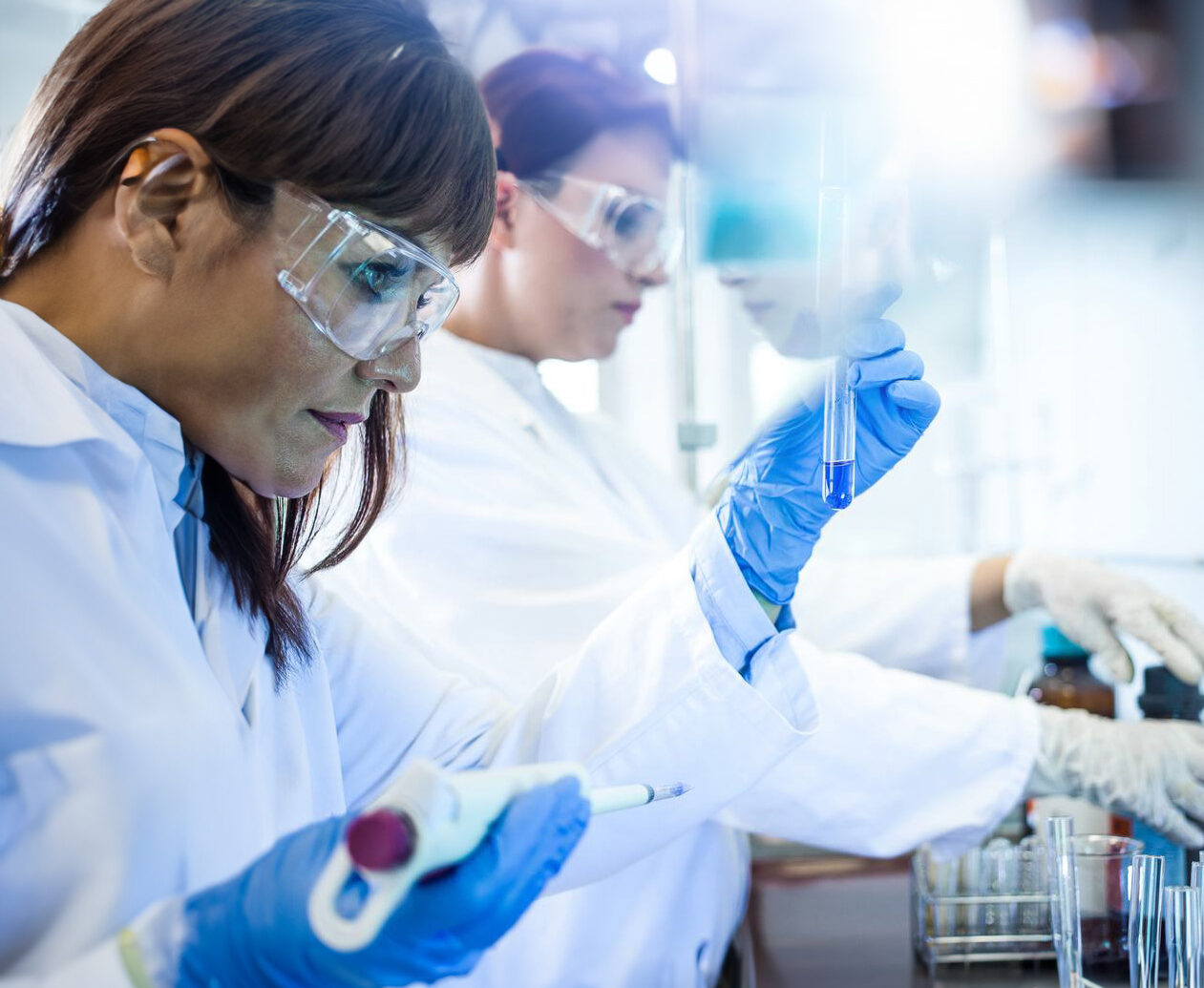
Rely on a team of veteran scientists with significant experience in developing PK assays.
- We are well-versed in the industry practices and regulatory expectations for developing and validating acceptable PK assays.
- We understand the factors that could influence the reliability of the data generated by these assays and take those complexities into account during method validation to ensure optimal results.
- We have the expertise to interpret PK assay data to gain an accurate understanding of the absorption, distribution, metabolism, and excretion characteristics of the product.
- We are experienced in supporting PK analysis in a variety of species, including rodents, humans, and nonhuman primates.
- We are experienced with many matrices, including serum, plasma, urine, saliva, CSF, vitreous humor, aqueous humor, milk, tissue lysates, and whole blood lysates.
- We offer high-quality PK assay methodologies and results in strict compliance with GLP and GCP regulations as well as international regulatory standards (FDA, EMEA, ICH).
Generate reproducible and reliable results.
Our scientists ensure that the applied bioanalytical method is well characterized, fully validated, and documented to yield reproducible and reliable results using the following techniques:
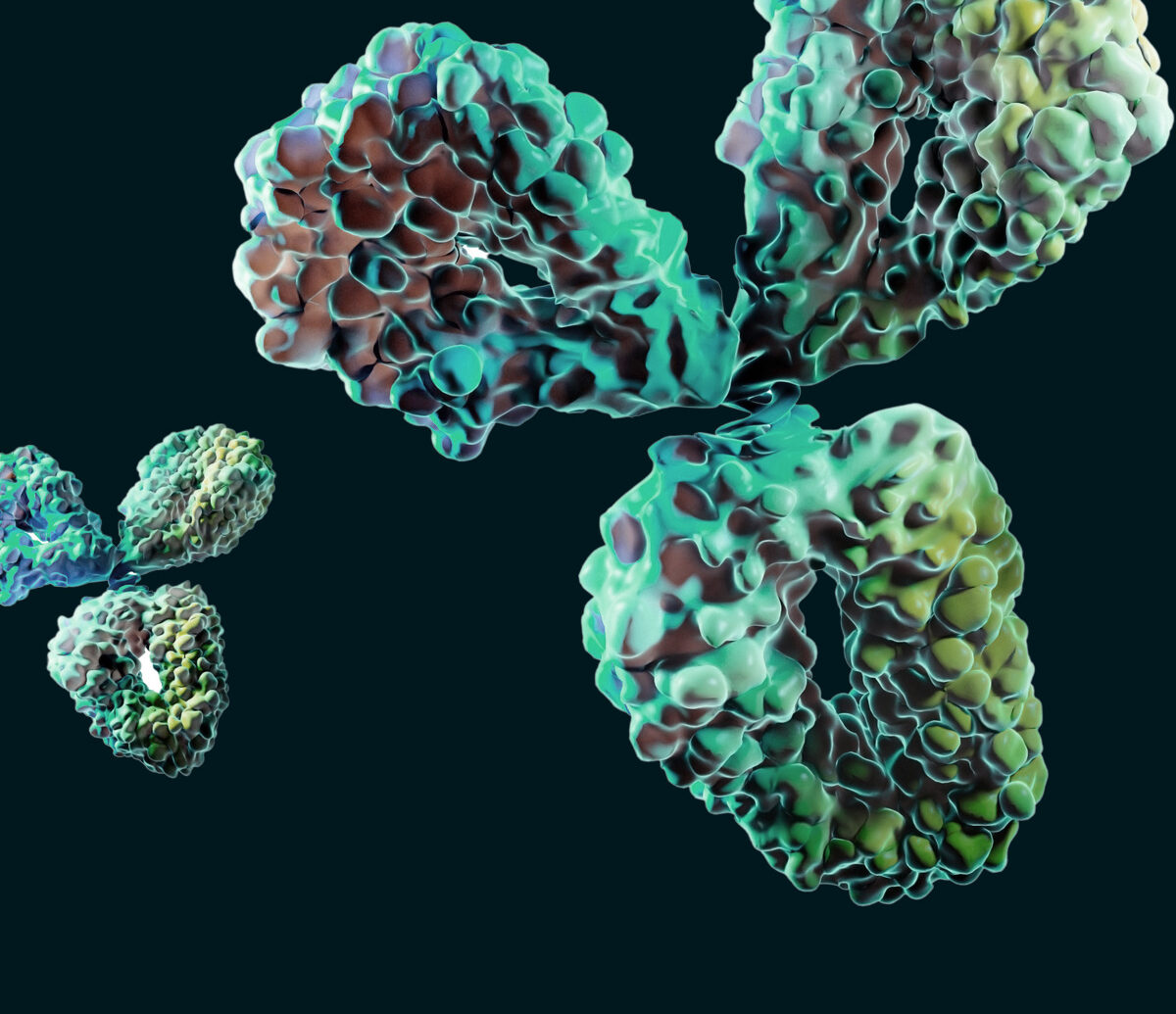
Immunoassay/Ligand-binding Assays
BioAgilytix is an industry leader in immunoassay/ligand binding assay development and validation. See our extensive experience across a wide range of methodologies in support of nonclinical and clinical programs.
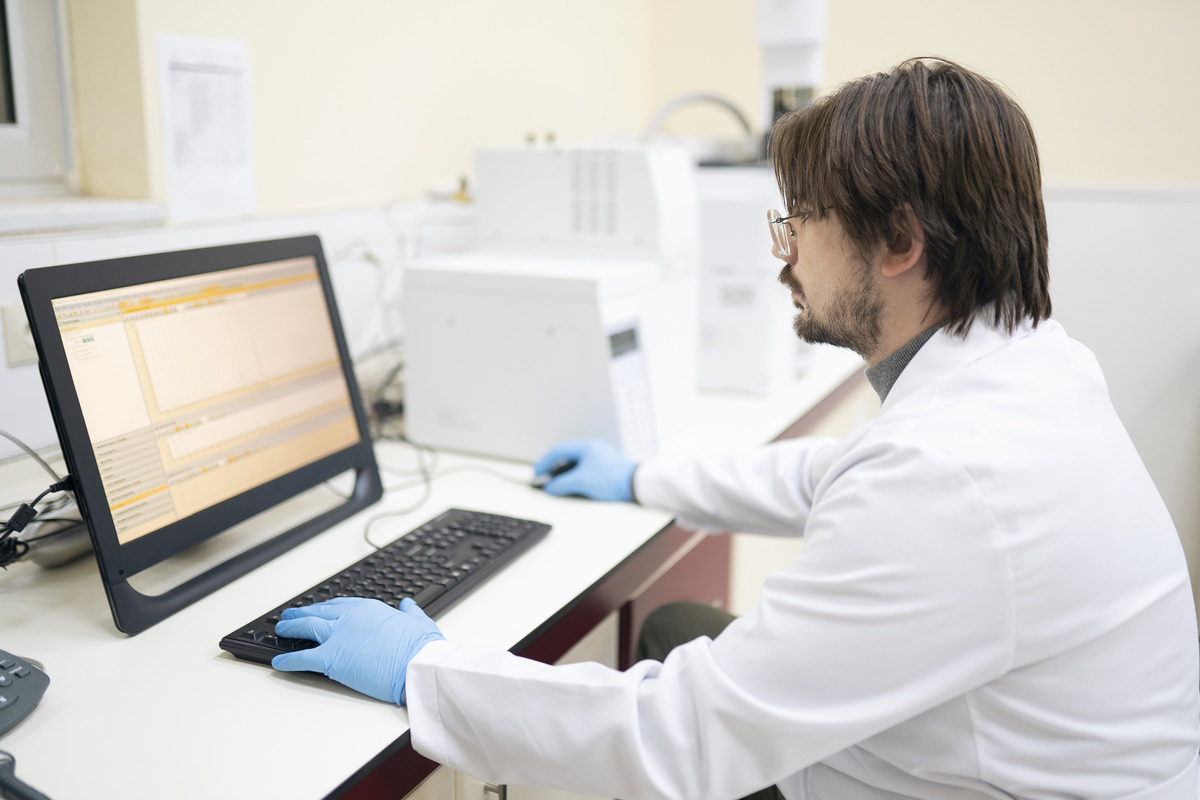
LC/MS
BioAgilytix provides Liquid Chromatography-Mass Spectrometry (LC/MS) support to perform bioanalytical testing under both nonregulated and GxP conditions. We operate large and small molecule assays using advanced instrumentation and software that is 21 CFR Part 11 compliant for our regulated assay support.
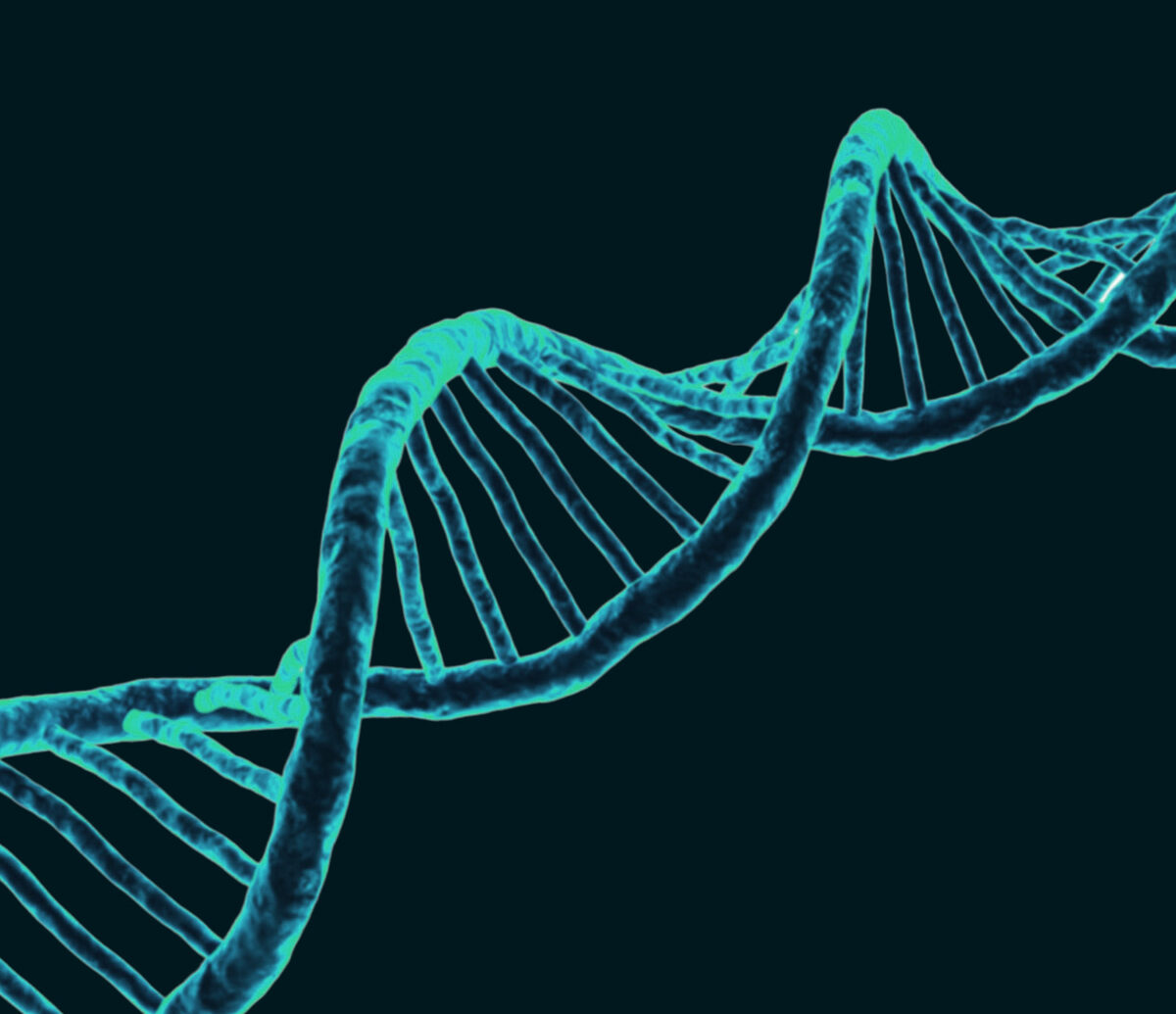
Molecular Assays
Molecular assays are commonly used in support of drug development, particularly with newer drug modalities such as cell and gene therapies. BioAgilytix leverages real-time polymerase chain reaction (also known as quantitative PCR or qPCR) and Droplet Digital PCR (ddPCR) as part of our extensive molecular technology suite to deliver bioanalytical solutions to support discovery, preclinical, and clinical programs.
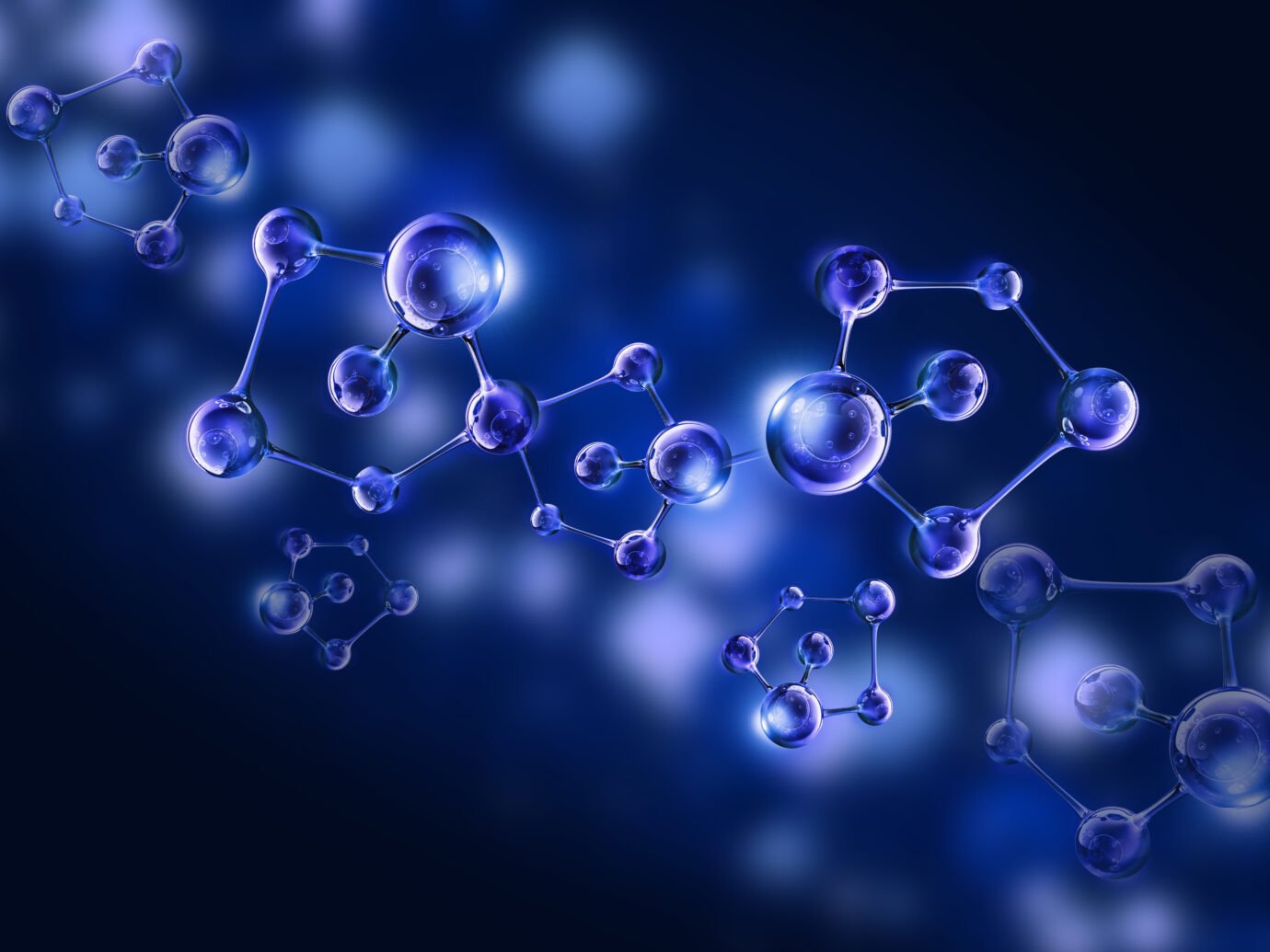
Flow Cytometry
Flow cytometry is an accurate and effective method when used to identify and measure cellular biomarkers in complex subpopulations. As part of our advanced bioanalytical labs, BioAgilytix utilizes the following flow cytometry platforms…
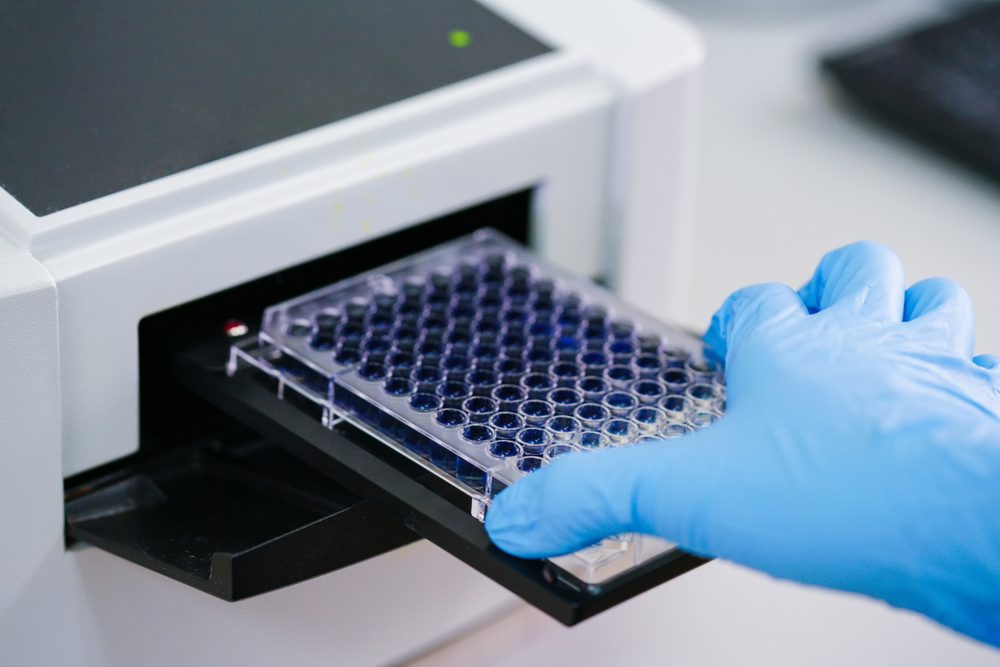
Extensive experience with advanced platforms for PK analysis
We help you select the best platform for your project based on drug modality, required sensitivity, and regulatory guidance. We have extensive experience developing and validating assays to evaluate PK behavior throughout all phases of the drug development process using the following platforms: